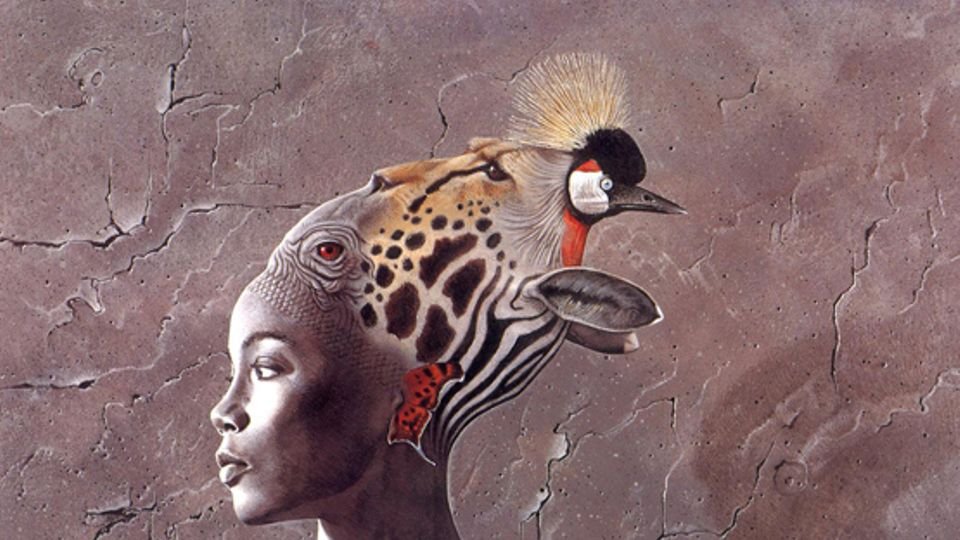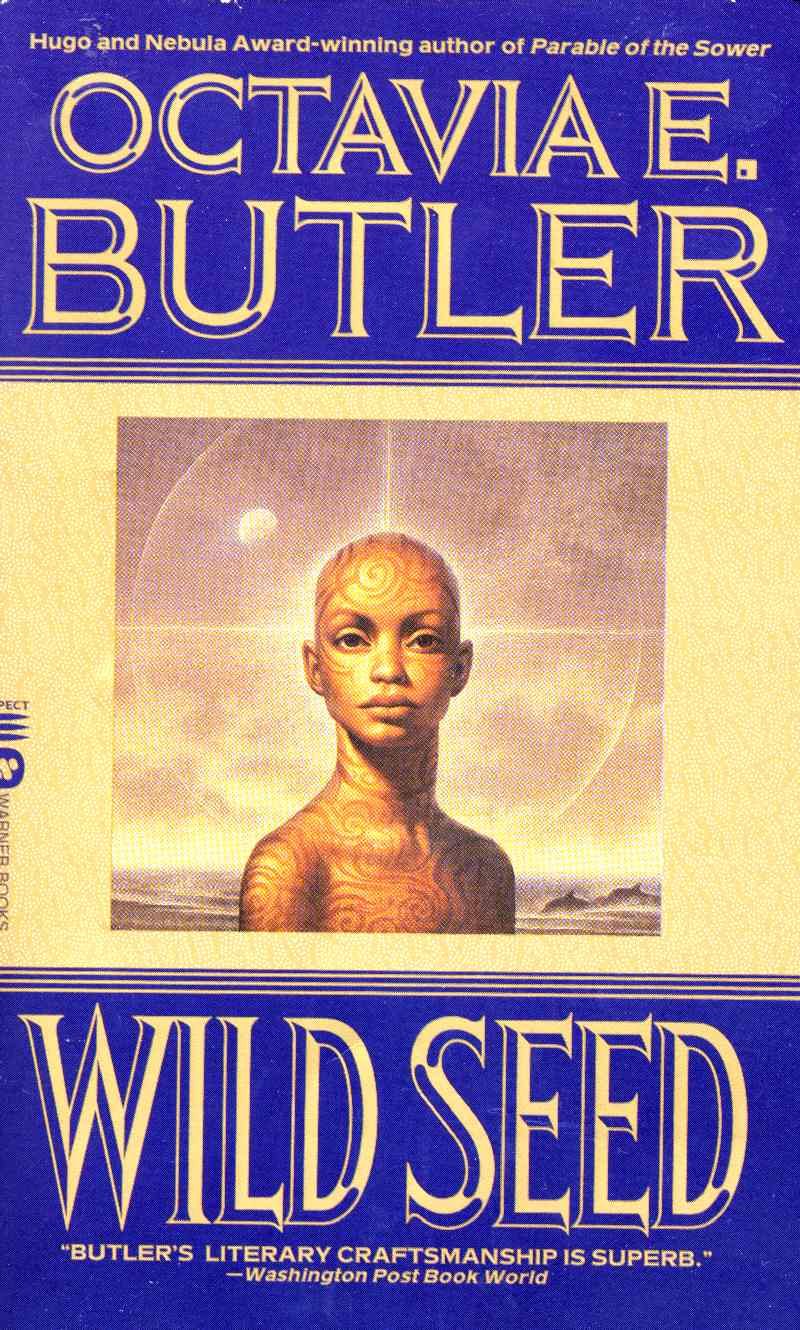
Wild Seed
“The masters could not bring water to boil, harness a horse, nor strap their own drawers without us. We were better than them—we had to be.’’
-Octavia Butler
A Review:
Octavia Butler wrote a captivating novel by deliberating over what makes one human– even if the characters are not entirely. This book is centered on the struggle to be free and the fight to be a Wild Seed. What can be a better way of telling this story of liberation through love than through the eyes of Africans and Black Americans? The exploration is brought to life with Anyawu and Doro. Each of these two individuals is endowed with distinguished abilities. They have an interwoven fate– often acting as counterweights to each other’s actions and thoughts. When one represents femininity, the other represents masculinity. When one represents Love, the other represents apathy. One represents enslavement, the other represents freedom. As the novel continues, these lines get blurred. These two dynamic characters interact over centuries changing each other and those around them. Due to their long lives, they are both living testaments to change that occurs over generations. Their souls may not change, but who they are is an accumulation of the thousands of years they spend among the mortals. At the start of the novel, they represent different forms of being and change. One nurtured with love and the other deprived of love. Octavia Butler masterfully conveys the effects in the magical beings extending it to the world we live in. The exploration culture and how the cultures change over time adds to the allure of the story. As is consistent with her other novels, she tactfully weaves commentary into history, politics, and culture into the story. Just like her other books and short stories, I would recommend this novel a million times over and I cannot wait to reread it in the future to see how my perception of the story has changed.

